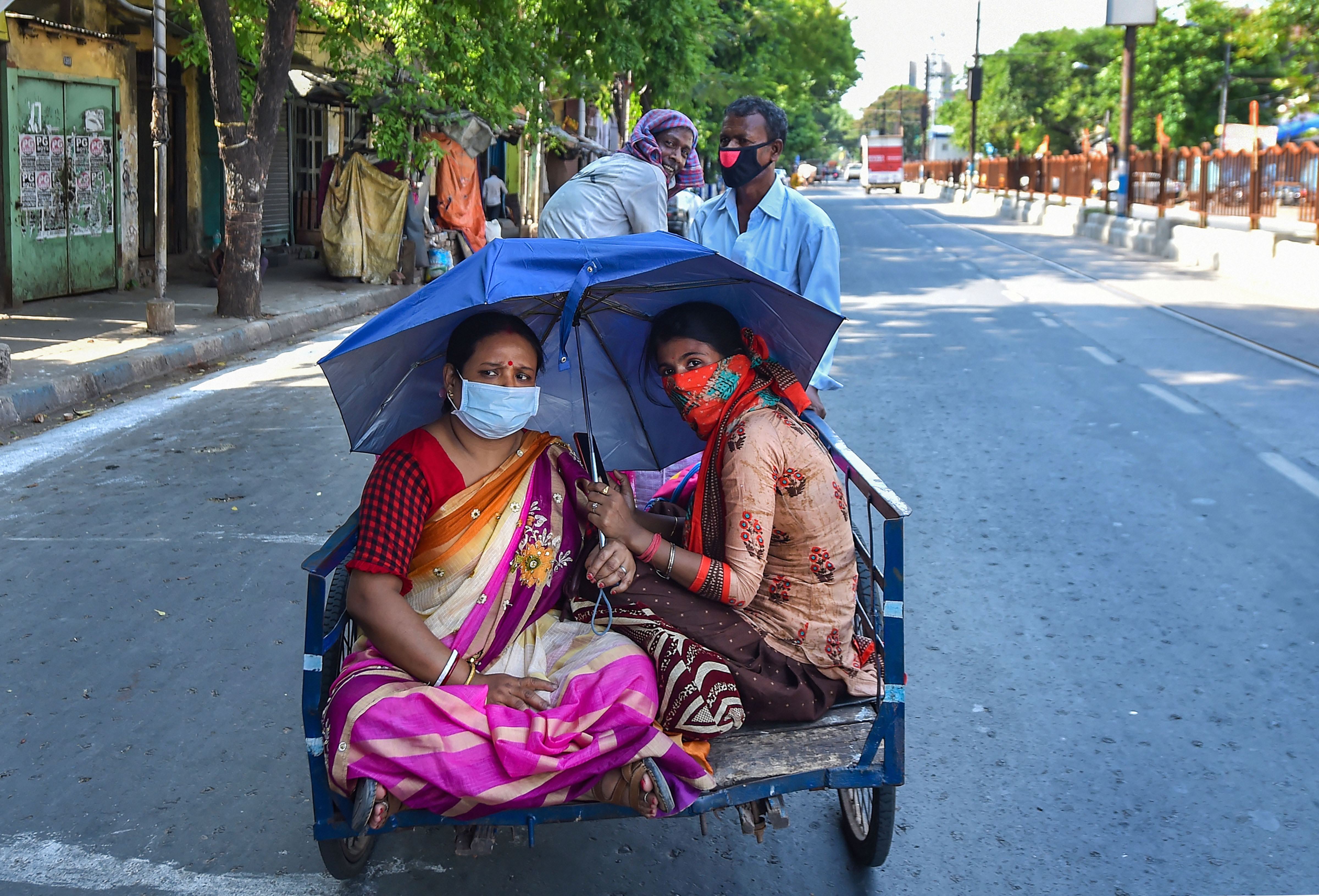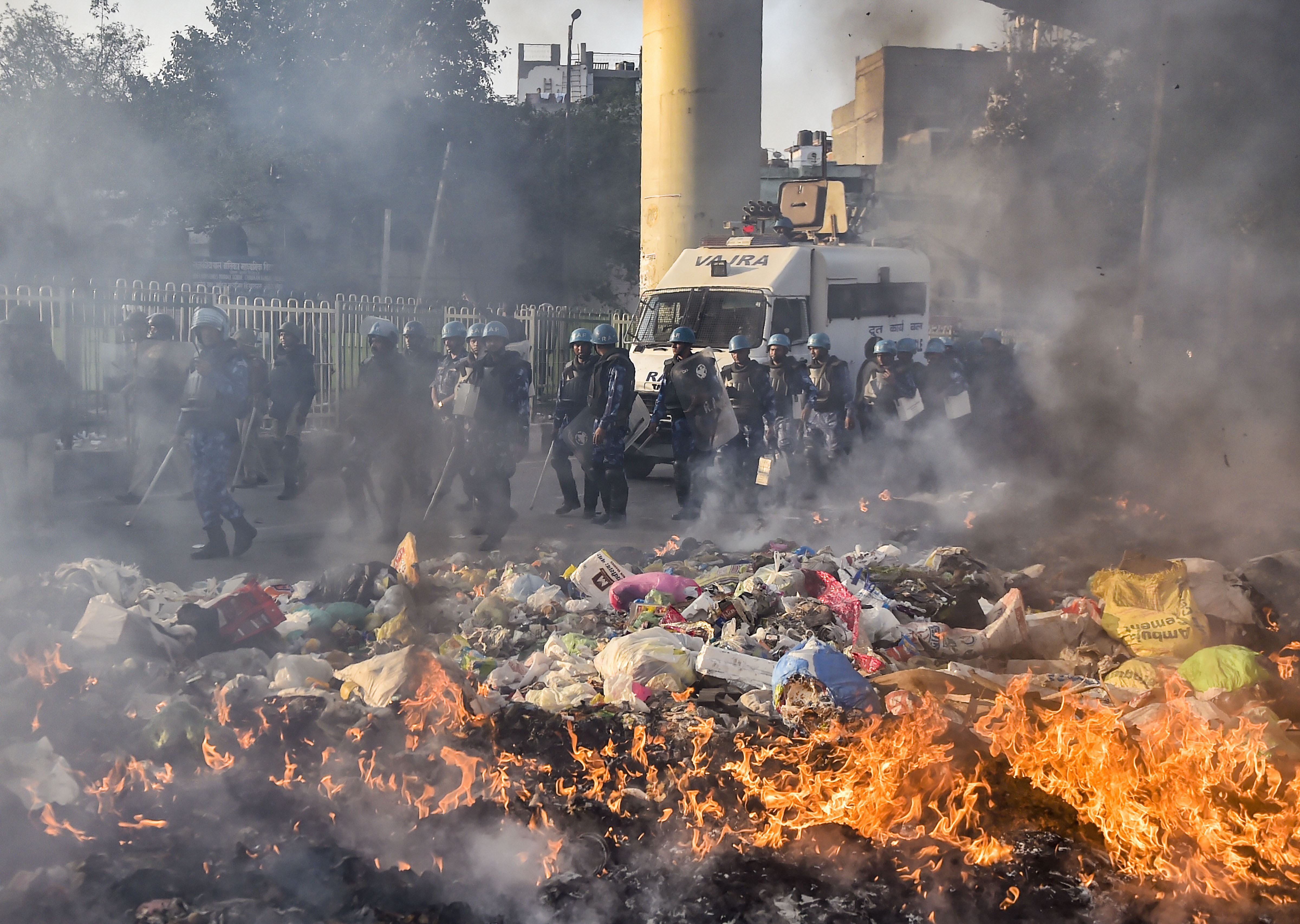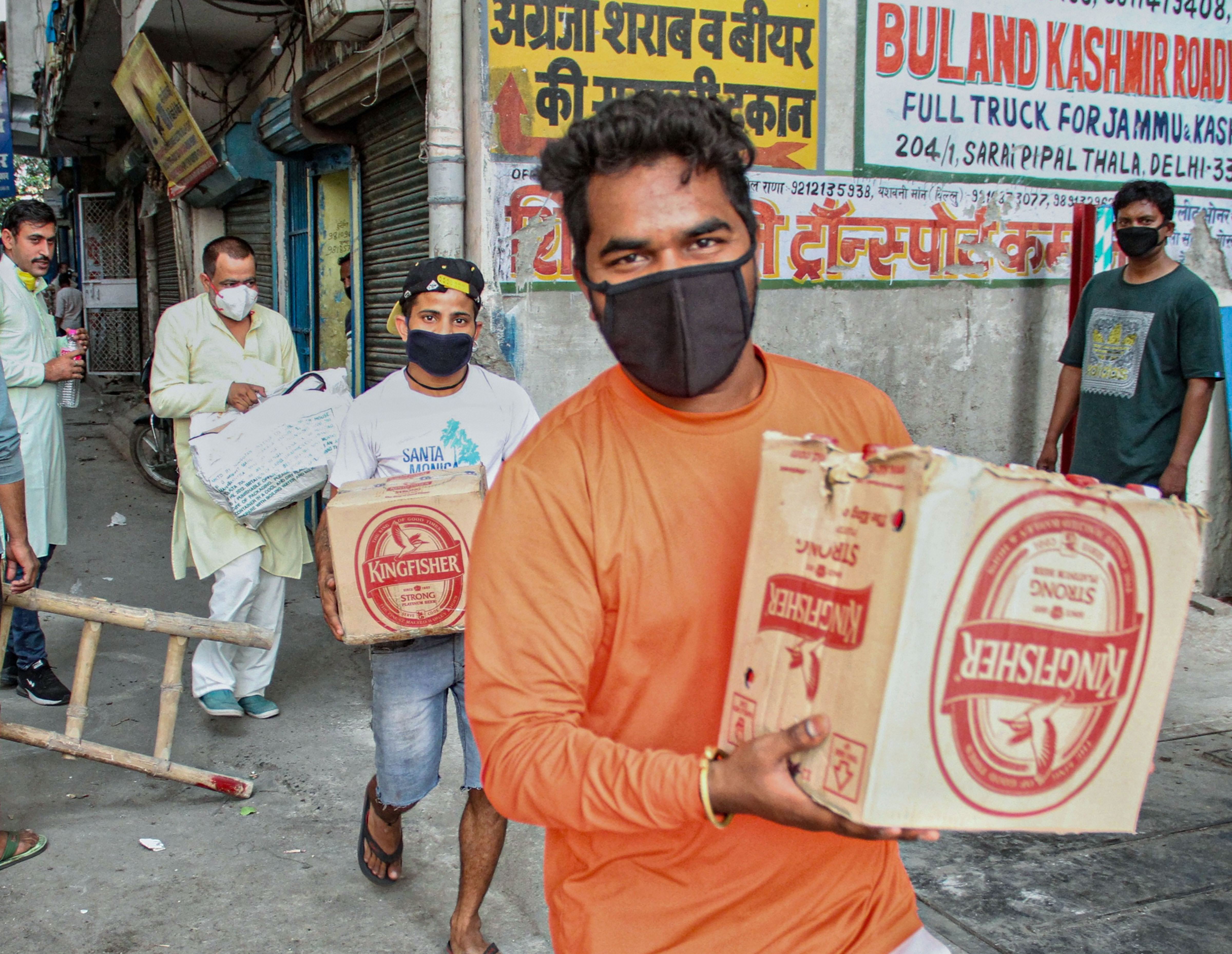There is a scene in Akira Kurosawa’s Seven Samurai where a foolish novice challenges the master swordsman, Kyuzo, to a duel. The novice raises his sword, lets out a yell, and charges at the older man. Kyuzo brings down his blade in a short, economical arc. For a moment, you think the film-maker has frozen the frame: the whippet-thin Kyuzo holding his pose at the end of the swing, the bull of a youngster caught by surprise but still standing. After a long moment, the novice topples sideways, dead even before his body remembers to lose its balance.
This scene came to mind the other day during a phone call when a friend wondered what the aftermath of this time might look like. Once the virus peaks in India — say perhaps by late July — and the outbreak subsides — say in September — for many of us living in cities, life may look like it is reverting to ‘normal’ — more or less what it was in January this year. However, like the onrushing fool in Kurosawa’s great film, that reality, that ‘normal’ of January and earlier, may only be taking its time before toppling. In the months that follow, as the bricks of pre-Covid-19, pre-worker exodus, pre-cyclone normalcy come loose from the wall, we may be obliged to connect each shattering chunk with what has taken place in the first half of this year, and also to the energies that have been put into motion over the last five and a half years in India. Indeed, pushing aside our collective amnesia, we will also be forced to connect some of the toppling masonry to decisions and blindnesses from the first twenty years of this century.
As the months pass, one by one, we will start discovering all the things that have transformed radically; we will find that people’s behaviour patterns have changed — different sections of society would have changed in unprecedented ways, not all of them good, but not all of them bad either. When we open the overhead luggage compartments where we’ve stored our social relations, we may well find that the turbulence has shifted a lot of the baggage dangerously, and that some of it has actually disappeared.
Like one of those contraption videos you see on YouTube, where a small ball dropping on one end of a carefully balanced plank sets off a whole chain reaction, things that are happening now, unspectacular or imperceptible events, may deliver massive shifts and alterations down the line. In fact, we may well look back at this moment in our history and see that we are actually already in the middle of one such kinetic domino sequence. People’s consumption patterns may have changed; people may be less inclined to gravitate to cities; people may be altogether less servile and obedient.
This moment may feel like a rupture because it very likely is a point of cleavage. One could think of it as a series of upheavals, one coming at the heels of the other: the Kashmir clampdown-the CAA/NRC protests-the anti-Muslim pogroms in northeast Delhi-the arrival and spread of the coronavirus-the lockdown and the obscene tragedy of lakhs of workers walking home-the Amphan cyclone- all the things that are now about to follow. Simultaneously we could think of those Russian dolls, of each disaster, whether man-made or inflicted by nature, giving birth to a new calamity. We can see how both models are accurate and how events and their mutation, outrage and outage, so to speak, combine to short circuit and set on fire societal transformers that seemed hitherto untouched.
As violent deprivation and scarcity make themselves felt, the awareness will grow that a lot of this hell was created either intentionally or through gross negligence by the politicians. When this happens, the young Indian underclass will react in ways that we have not seen before. With the previously fragile checks and balances further degraded by constant attack from the ruling party, the reactions of various authorities will also probably flood over barriers of law and due process. If this does unfold, it will do so in close partnership with a haemorrhaging economy, the ghost of the missing national health system, the ongoing bargain sale of our fragile areas after the shredding of all environmental safeguards. During all this, if our government were to embark on some distraction of a military misadventure in Gilgit-Baltistan, do not expect Pakistan or China to take kindly to the project — both countries have huge internal problems currently and they could well be happy to be gifted such a distraction themselves.
Just as the dead body of the old normal may take some time to topple over, there may be a delay before we can see the light let in by the cracks forming around us right now. However, some things are already apparent and we should be thankful for them. For one, a few chief ministers are playing a blinder, showing how things can be done. While no one has matched Kerala’s Pinarayi Vijayan for intelligent anticipation, scientific application, relentless efficiency and, most importantly, complete transparency about the infection and Covid-19 death figures, Uddhav Thackeray, Naveen Patnaik and our own Mamata Banerjee have all shown great fortitude, courage and determination over the last three months. Dealing with a heavy challenge such as this often transforms a leader, strengthens their spine, while making them more supple, more open, and able to overcome their negative traits; this can only bode well for the people of Maharashtra, Odisha and West Bengal.
The other huge thing that’s become immediately clear across the country is the advantage of living in a less polluted environment. While everyone may not learn the lessons at the same speed (in fact, this permission-spouting government seems bent upon destroying the ecology under the cover of the lockdown), it has become tangibly clear to many ordinary people what is actually meant when someone says we need to reduce vehicular pollution, factory emissions and the flow of toxic chemicals into our rivers. The deprived have always had a sharp awareness of the huge chasm between the haves and the have-nots, but the what is now becoming obvious is that this BJP-RSS regime cares not a jot for the basic welfare or dignity of workers; again, this understanding may take time to manifest itself but perhaps not as long as some other issues might take to surface. In a dark place, the eye searches for light. Our challenge is going to lie in correctly recognizing real light from the sparkle of radioactive tinsel.













